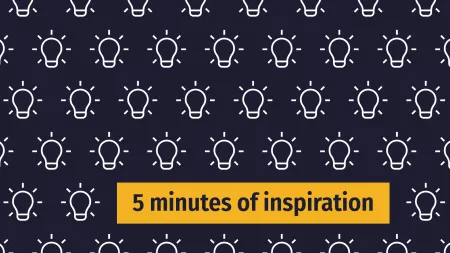Want to get kids more engaged in responsible government? Ask CARE Egypt for advice. They coordinated youth groups to provide recommendations on an Egyptian law that risked limiting civic action. The groups then worked with the Ministry of Social Solidarity to influence how laws were changed before they passed. In fact, student recommendations were included in 1 national government policy and 8 school protection policies.
This is just one of the remarkable results Egypt showcases in their Legacy of Change, a cumulative impact report from 2005-2015. It surveys dozens of projects over ten years to showcase the best of impact, and the results are impressive.
What have we accomplished?
- Better return on savings: Through CARE’s VSLA programming, 27,000 women have cumulatively saved $239,195, at a 4.59% return on savings. If you save in the US, the average return right now is .9%, so it’s about 5 times more profitable than opening a savings account in the US.
- Higher incomes: The El Shams program worked with farmers to strengthen agricultural production and income. Land in this project was 6.3 times more productive than the national average, and earned an additional $9.1 million in profit for the Egyptian economy. Farmers saw incomes go up 310%.
- Better production: Working with Danone, CARE was able to help farmers increase their production 2500% in 10 months, up to 5 tons of milk produced a day.
- Men are engaging to stop violence: As one male champion in the WESAL project told us, “Today we feel confident, courageous and responsible for advancing the rights of women. But when we started, some of us were the biggest oppressors in our own families.”
- Projects are sustainable: Some of the school boards that CARE set up through the Early Grade Literacy in Egypt (EAGLE) project are still functioning and using CARE’s governance tools 8 years after CARE left the communities.
- Refugees have access to services: CARE has supported 135,000 Syrian refugees in Egypt to find services, housing, and opportunities.
How did we get there?
- Create space for CSOs: CARE works with 40 regional partners, and supports them to build capacity and create networks that help them advocate for women’s rights.
- Get creative: Projects like WESAL use community theatre and working specifically with men and boys to reduce violence. Other projects use art therapy and sporting events to raise issues of gender based violence in a way that engages people and creates space for conversation.
- Connect people to markets: El Shams created 883 food export contracts for farmers so they had somewhere to sell their produce. Danone connected farmers to milk collection centers.
- Get youth involved: Education projects focused on getting young people’s voices into active policy conversations so they have a role in shaping the future.
- Focus on evidence: Part of CARE’s approach has been to change the way the government thinks about data. On government education officer said, “CARE has showed us how to use scientific rigor in our assessments.”
Want to learn more?
These are just a few of the remarkable changes happening as part of CARE’s program in Egypt. There are lots more in every sector that Egypt operates in. Check out CARE Egypt’s Legacy of Change, a cumulative impact report from 2005-2015.
